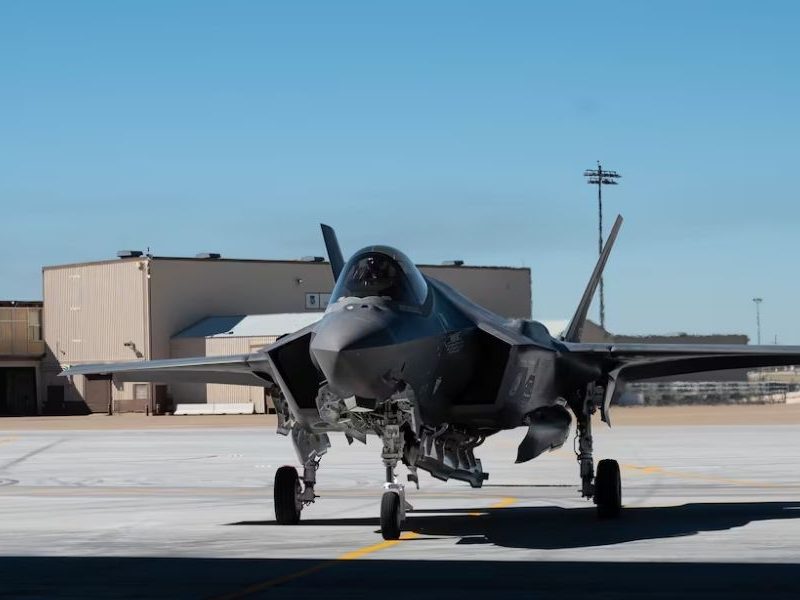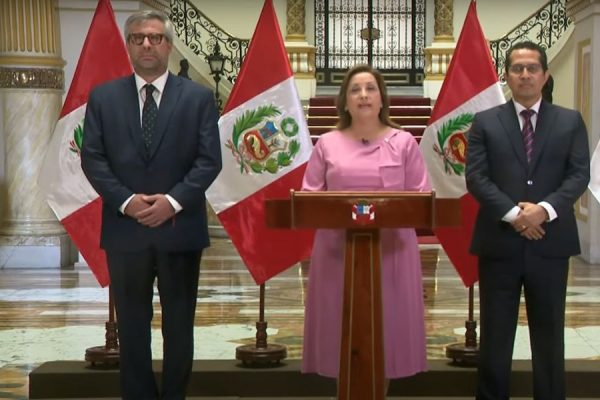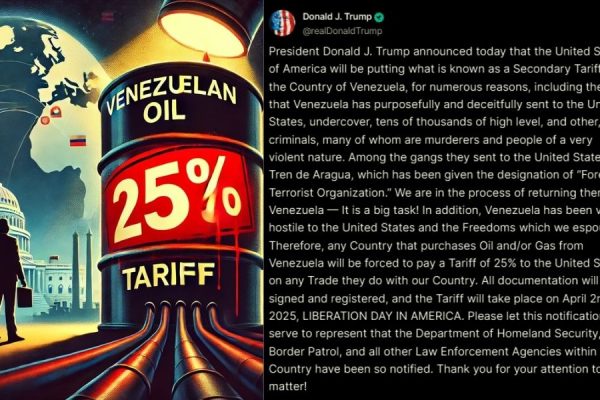Caracas: A total of 177 Venezuelan migrants detained at Guantanamo Bay have been repatriated. They arrived in Venezuela on Thursday.
The group was first transported to Honduras before being flown to their home country.
Most of the migrants at the U.S. naval base have now been relocated elsewhere.
They were initially sent to Guantanamo following President Donald Trump’s immigration crackdown.
Guantanamo Bay is widely known for detaining prisoners from the U.S.-led “war on terror.”
Legal Questions Raised
Trump’s administration faced scrutiny for detaining migrants at Guantanamo Bay.
Concerns arose over whether such detentions were lawful under U.S. immigration policies.
Many detainees have since been transferred from the facility following legal challenges.
The decision to deport them to Guantanamo sparked debates over human rights violations.
Authorities argue that only high-risk individuals were placed in the naval base facility.
Gang Allegations
The Department of Homeland Security (DHS) linked some Venezuelan migrants to the Tren de Aragua gang.
Tren de Aragua is a powerful criminal network that started inside Venezuelan prisons.
DHS reported that 126 deported individuals had criminal charges or past convictions.
Among them, 80 were allegedly affiliated with the Venezuelan gang.
Officials said 51 deportees had no known criminal record.
Venezuelan Response
The Venezuelan government condemned the detentions, calling them unjust.
Officials demanded the immediate return of all Venezuelan nationals held at Guantanamo Bay.
President Nicolás Maduro welcomed the migrants, calling them victims of U.S. sanctions.
“These are not criminals,” Maduro said, urging their reintegration into society.
He described their return as a moment of relief and national solidarity.
Trump Administration’s Justification
Senior Trump officials defended the Guantanamo detentions as part of a strict immigration policy.
They insisted the facility was reserved for dangerous individuals.
New court filings revealed that not all detainees were classified as high threats.
The policy faced backlash from human rights organizations and immigration advocates.
Many questioned the ethical and legal grounds of using Guantanamo for migrant detention.
Legal Challenges
A group of Venezuelans filed a lawsuit against the Trump administration on Wednesday.
They challenged the revocation of humanitarian protections for certain migrants.
DHS recently ended Temporary Protected Status (TPS) for Venezuelan nationals.
TPS protected migrants from deportation due to unsafe conditions in their home country.
The policy shift left thousands of Venezuelans in uncertainty.
Future of TPS
Homeland Security Secretary Kristi Noem refused to extend TPS protections.
Her decision reversed a previous policy under President Joe Biden’s administration.
An estimated 600,000 Venezuelans now face possible deportation.
Around 350,000 could lose their protections as early as April.
Another 250,000 are expected to be affected in September.
Uncertain Future
The expiration of TPS raises concerns about the fate of thousands of Venezuelan migrants.
Advocates argue that sending them back could endanger their lives.
The Biden administration’s previous policies provided temporary relief from deportation.
Now, many fear mass deportations under Trump’s new immigration approach.
The debate over immigration policies continues as legal battles unfold.












